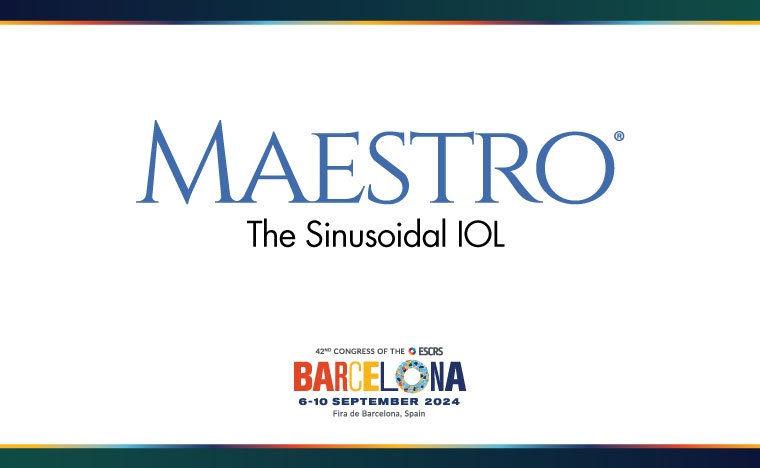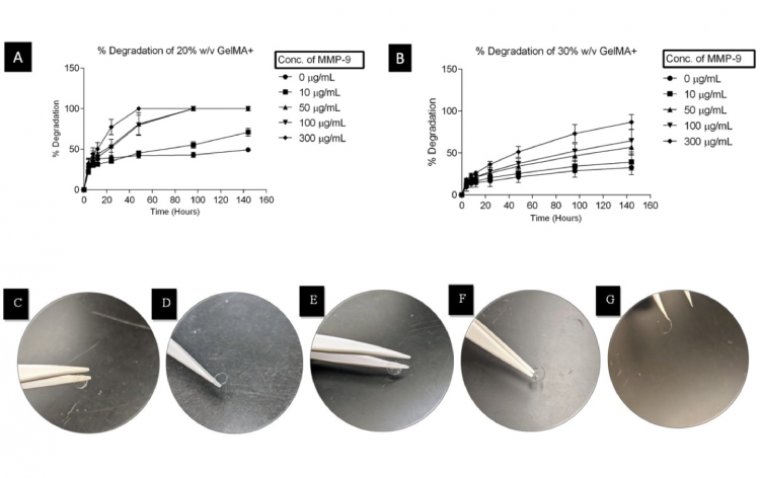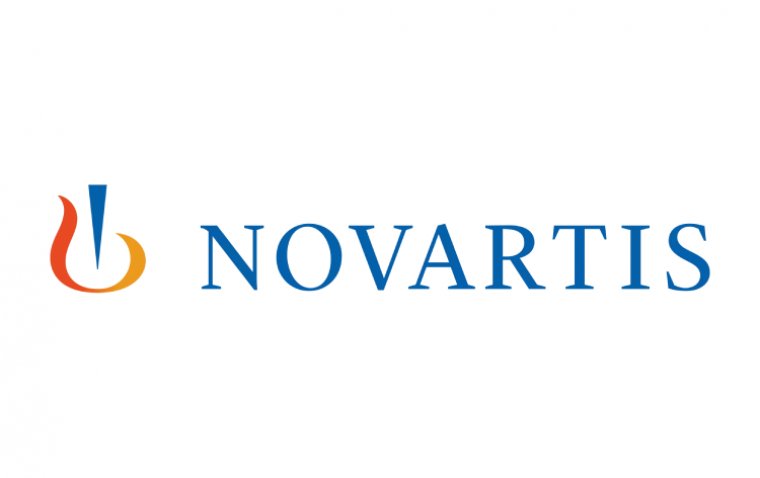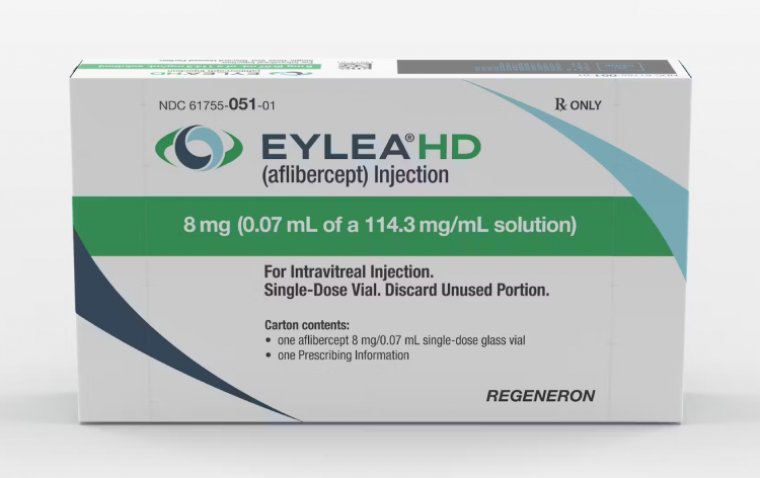
Researchers Uncover Promising Path to Vision Restoration
Researchers at the Université de Montréal have made a groundbreaking discovery that offers new hope for restoring vision in patients with degenerative retinal disease.
The study, published in the Proceedings of the National Academy of Science, was led by Michel Cayouette, a medical professor at UdeM and the director of cellular neurobiology research at the Montreal Clinical Research Institute, an affiliated institution of UdeM.
The research team has made a significant breakthrough by discovering that glial cells, which remain inactive in the retina, have the potential to convert into cells with properties similar to cone photoreceptors.
Cone photoreceptors are responsible for enabling people to see colors, read, and drive. Degenerative retinal diseases that result from inherited genetic mutations cause the loss of these light-sensitive cells in the retina. As these cells are not replaced, the patient experiences vision loss, which can ultimately lead to complete blindness.
While there are different approaches, such as gene therapy, that offer hope of delaying or preventing the loss of photoreceptor cells, they are ineffective in restoring the lost cells, making them of little use to patients in advanced stages of the disease.
As a result, there is a pressing need to develop regenerative therapies that can replace the lost cells and restore vision. One potential avenue is to employ stem cells to produce photoreceptors that can be transplanted into the patient's eye. However, this approach faces significant challenges that impede its use in clinical practice.
The method developed by Cayouette's team offers an alternative to transplantation by reactivating inactive cells in the retina and converting them into neural-like cells that could potentially replace the cells lost in retinal degeneration.
"We have identified two genes that, when expressed in these dormant cells called Müller cells, can convert them into retinal neurons," said the study's first author Camille Boudreau-Pinsonneault, who recently earned her Ph.D. at UdeM for this breakthrough.
"What's interesting is that these Müller cells are known to reactivate and regenerate retina in fish," she said. "But in mammals, including humans, they don't normally do so, not after injury or disease. And we don't yet fully understand why."
Co-author Ajay David, who works as a doctoral student in Cayouette's lab, praised this innovative approach for its potential to surpass the limitations of cell transplantation. He expressed hope that it could eventually facilitate the use of dormant cells in the retina to regenerate lost retinal cells and restore vision.
Reference
Camille Boudreau-Pinsonneault et al, Direct neuronal reprogramming by temporal identity factors, Proceedings of the National Academy of Sciences (2023). DOI: 10.1073/pnas.2122168120
(1).jpg)










